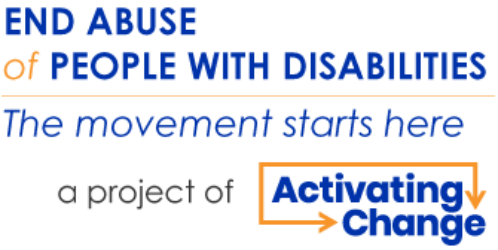Survivors of domestic or sexual violence with disabilities face barriers in receiving services, but when they live in a rural community, they may have an even more difficult time receiving accessible services. Local culture around disability, limited accessible transportation options, a lack of confidentiality, and the fact that there are fewer available resources are all challenges that service providers for survivors with disabilities face in rural communities. In order to best serve these survivors and help them overcome barriers, agencies need to be creative in thinking about how they can provide the most accessible services. In this webinar, an overview of the challenges rural service providers face in helping survivors overcome barriers will be provided, followed by some best practices and solutions to the challenges faced. Register for the webinar by clicking the calendar icon or copying and pasting the following link: https://veracvs.adobeconnect.com/e5r949seb09t/event/registration.html
